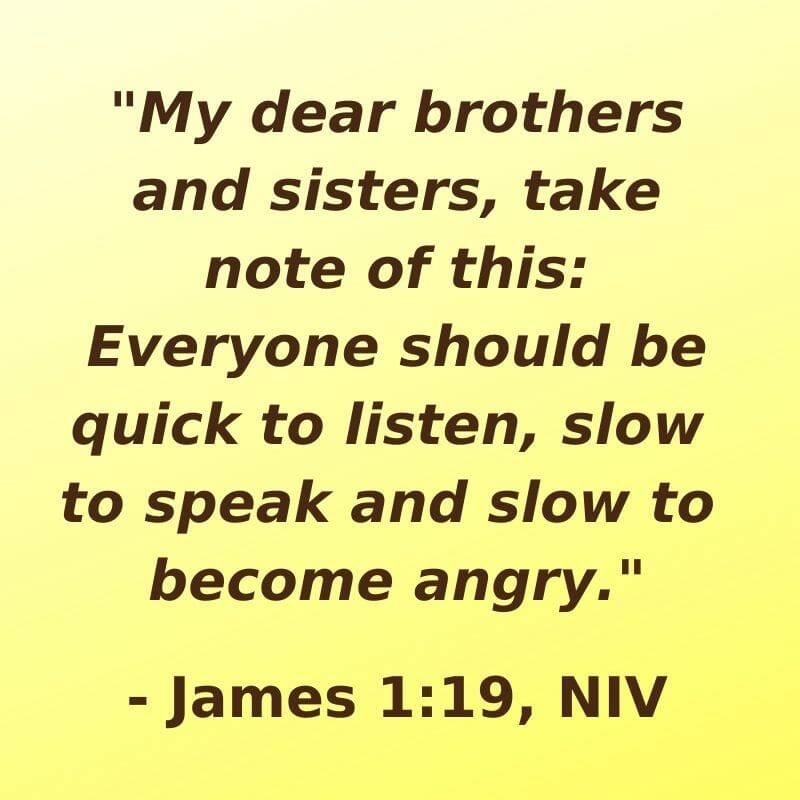
When is keeping quiet a good idea?
For years, our society has promoted a philosophical ban against keeping quiet.
Have you heard these lines?
- Let It all hang out
- Sometimes you just have to vent.
- I need to get something off my chest.
- Honesty is telling you how I feel.
- I would feel so much better if I can tell you something.
Really?
As a minister’s wife, I hold in many things. Confidentialities. Secrets. Gossip. Witness to behaviors that tempt me to think less of people and lead third parties to think less of them too. Facts about individuals that would be hurtful to them and others if an entire congregation knew. Many times, I have sat in a group, hearing a discussion that hedged on gossip, disapproval, and criticism, knowing people were basing their opinions on incomplete information. And I kept my lips sealed because I’d made a promise to not share what I knew.
War veterans have long learned the art of keeping quiet. I didn’t understand this for a long time. Now I think I get it, at least in part. How would it profit others to know about the atrocities of war? I wonder if many veterans refrain from telling their war stories because they don’t want to cause pain in the telling.
Some things just need to be left unsaid.
The writer of Ecclesiastes would agree with that.
There is a time for everything and a season for every activity under the heavens . . . . a time to tear and a time to mend, a time to be silent and a time to speaker.”
Eccl 3: 1,7 NIV
The Bible tells several stories about people who remained silent:
- Saul remained silent when certain scoundrels questioned his authority and brought him no gifts as a sign of loyalty to him as king (1 Samuel 10:26,27).
- Upon the command of King Hezekiah, the Israelites did not respond when the Assyrian field commander made fun of God and boasted that even God could not save the Israelites from the Assyrian army (2 Kings 18:17-37).
- Job wished his three advice giving friends had stayed silent, for then, he said, that would have been wisdom (Job 13:5). God showed later that their advice was not good, proving Job’s assessment was accurate.
- Jesus remained silent in front of his accusers. It was not the time to lay out the facts of the matter and it probably would not have done any good (Mark 14:61).
What’s wrong with talking?
It’s tough to say nothing when everything within you screams to set the record straight, to speak truth, and to be honest. The fact is, keeping quiet is not dishonest; it is, in part, putting others first. When you are tempted to speak up, assess your motives. Why do you want to speak? Are you trying to look superior because you know something others don’t? Is the telling for your own benefit or for the other person? It might make you feel better to blurt out what you know, but what will it do to the other person?
Uncontrolled words
Once words leave your mouth, you have no control where they will go next. You cannot keep them from spreading to places you don’t want them to go and you cannot keep them from damaging reputations and sensitive souls. Conversely, as long as you refrain from speaking, you minimize the chance of that tidbit of information causing harm. It may get out other ways but at least you will feel at peace, knowing it didn’t come from you.
As the wise man of Proverbs once wrote,
“Even fools are thought wise if they keep silent, and discerning if they hold their tongues.”
Proverbs 17:28 NIV
Sometimes like the writer of Psalm 39:2, you might feel like you’re going to explode if you hold your words in any longer. So, what do you do if you’re torn between speech and silence?
Restraint is a matter of discipline.
Consider that God is helping you develop the Spirit’s fruit of self-control.
Find someone you can confide in who is separate from the situation.
Take the tactic of, “I need advice on how to handle this” or “I need you to pray for me in how I cope with this.”
Choose carefully who you tell.
I’ve had people confide in me, I’ve given them counsel, and then I’ve found they’ve talked to five other people besides me. If you must talk, limit who you talk to. Choose someone who will give godly counsel, is known for being discreet, and will serve as a prayer warrior for you.
Mary, the mother of Jesus did this. Imagine the reactions of other people if she had blabbed all she knew about her visit from the angel and the marvelous things that happened at Jesus’ birth. She probably would have been stoned or locked away! Instead, she went to visit her trusted cousin, Elizabeth, and then, at Jesus’ birth, she “treasured up all these things and pondered them in her heart.” – Luke 2:19
Determine how much your sharing will burden someone else.
Yes, you may need to voice your concern, but be aware of the load you are placing on another human being. How many of us have shared a problem we’re facing only to find out later the person we told is bearing burdens far heavier than the one we are carrying? How many times have we shared a prayer request about someone we don’t even know, not stopping to realize the people we tell already have an overflowing prayer list?
Choose your timing.
Many speak and give their opinion prematurely. Make sure that when you do speak, you have the facts and you have what I like to call an “informed opinion.” Quite often I find that those who criticize the most, know the least. Before you blab your assessment of someone’s choices, ask yourself, “Are there extenuating circumstances that I don’t know about?”
Cry out to God.
God is the One and Only one you can trust to be loving, concerned about you, and keep the confidence. Go in a room, shut the door, and talk out load, telling the Lord all that is in your heart. Then sit for several minutes, praying for His wisdom. Write down the thoughts and solutions that come to you. I guarantee you – God is the Best listener of all! You will feel cleansed.

Some heartaches, concerns, conflicts, and stories of the past need to be told. Many do not. Keeping quiet may be nail-biting difficult, especially when you see a group of people heading in the wrong direction with misinformation. Trust God, leave the situation in His hands, and move onward to the work He would have you do. You keep being a person of integrity. When you do, those around you will respect you as a trustworthy listener.

Leave a Reply